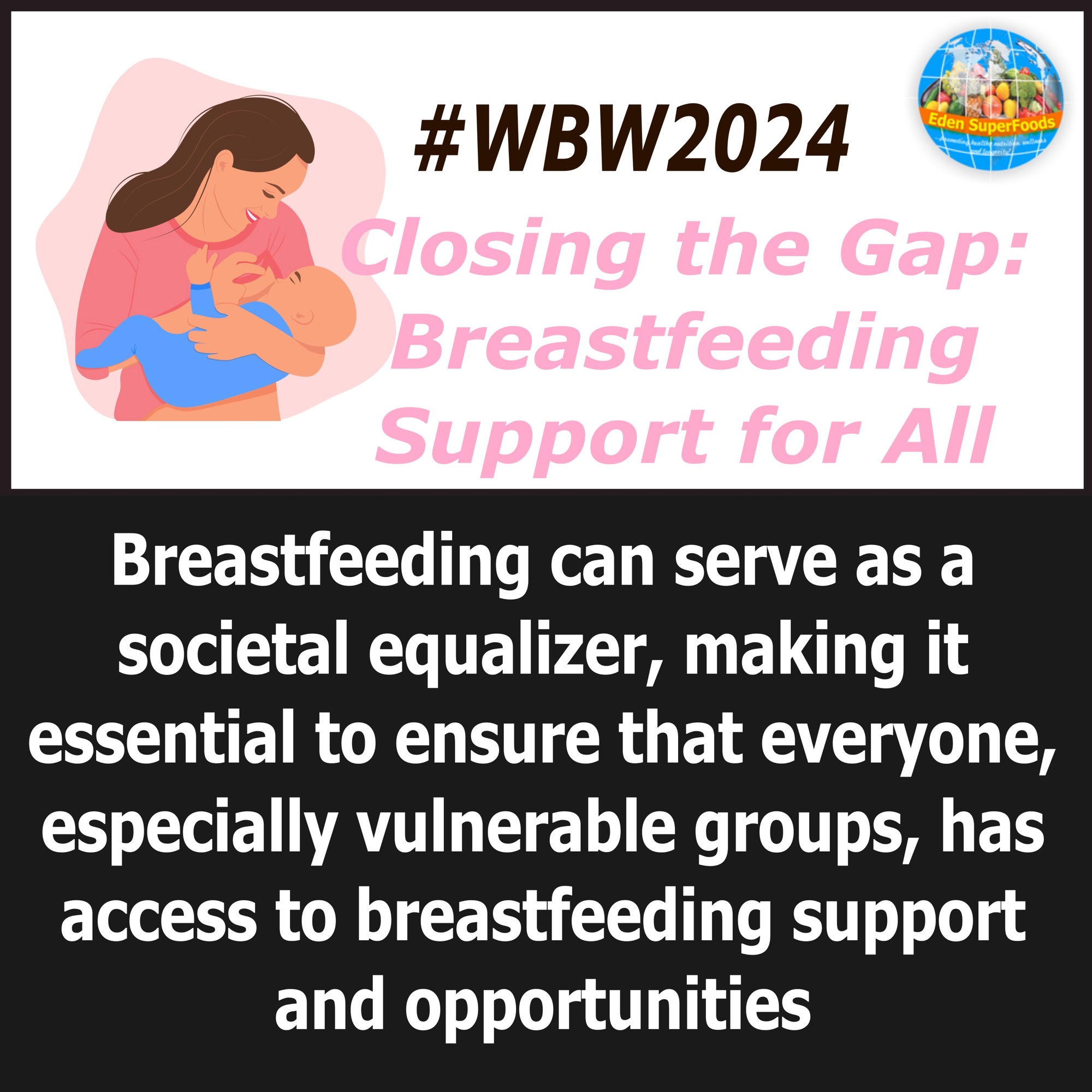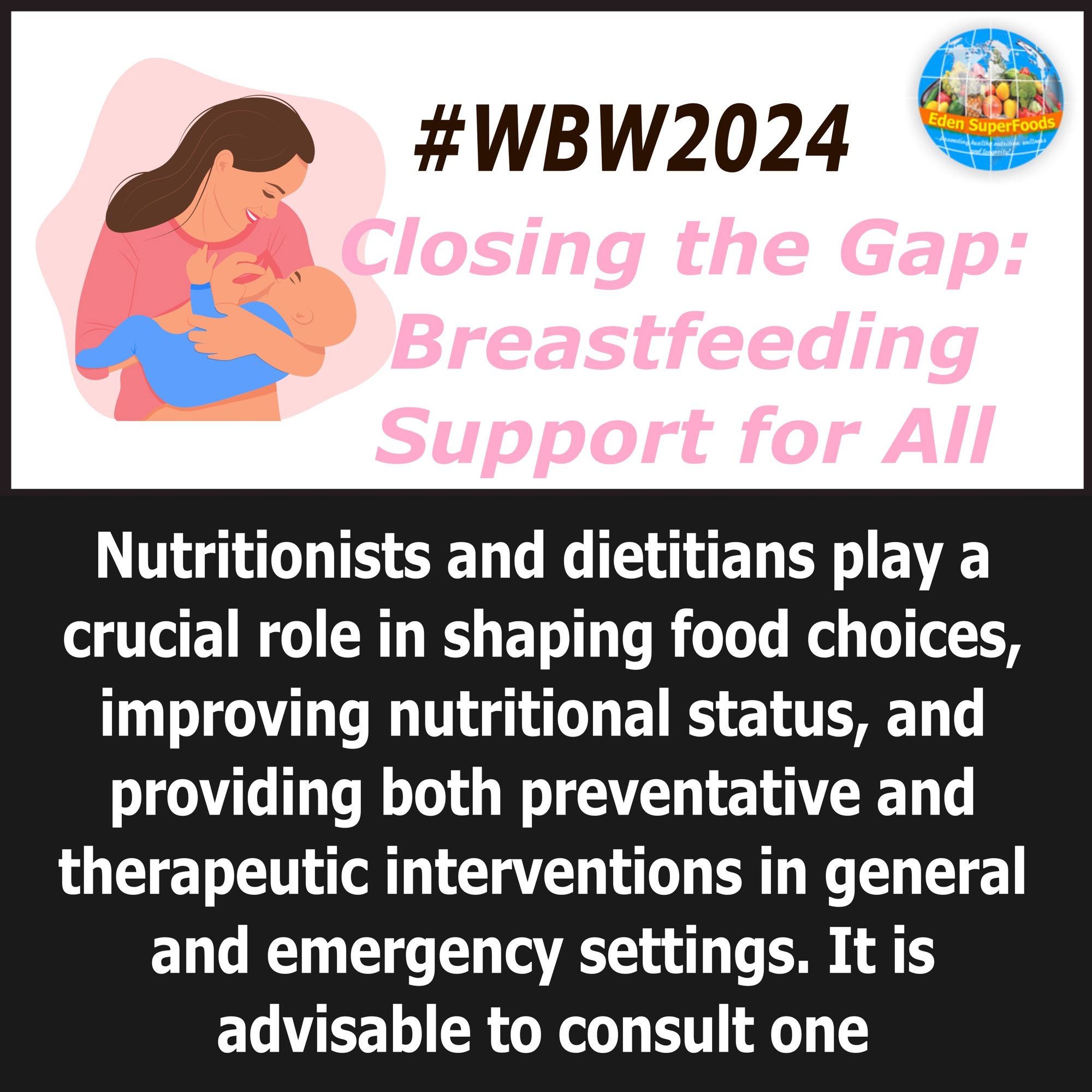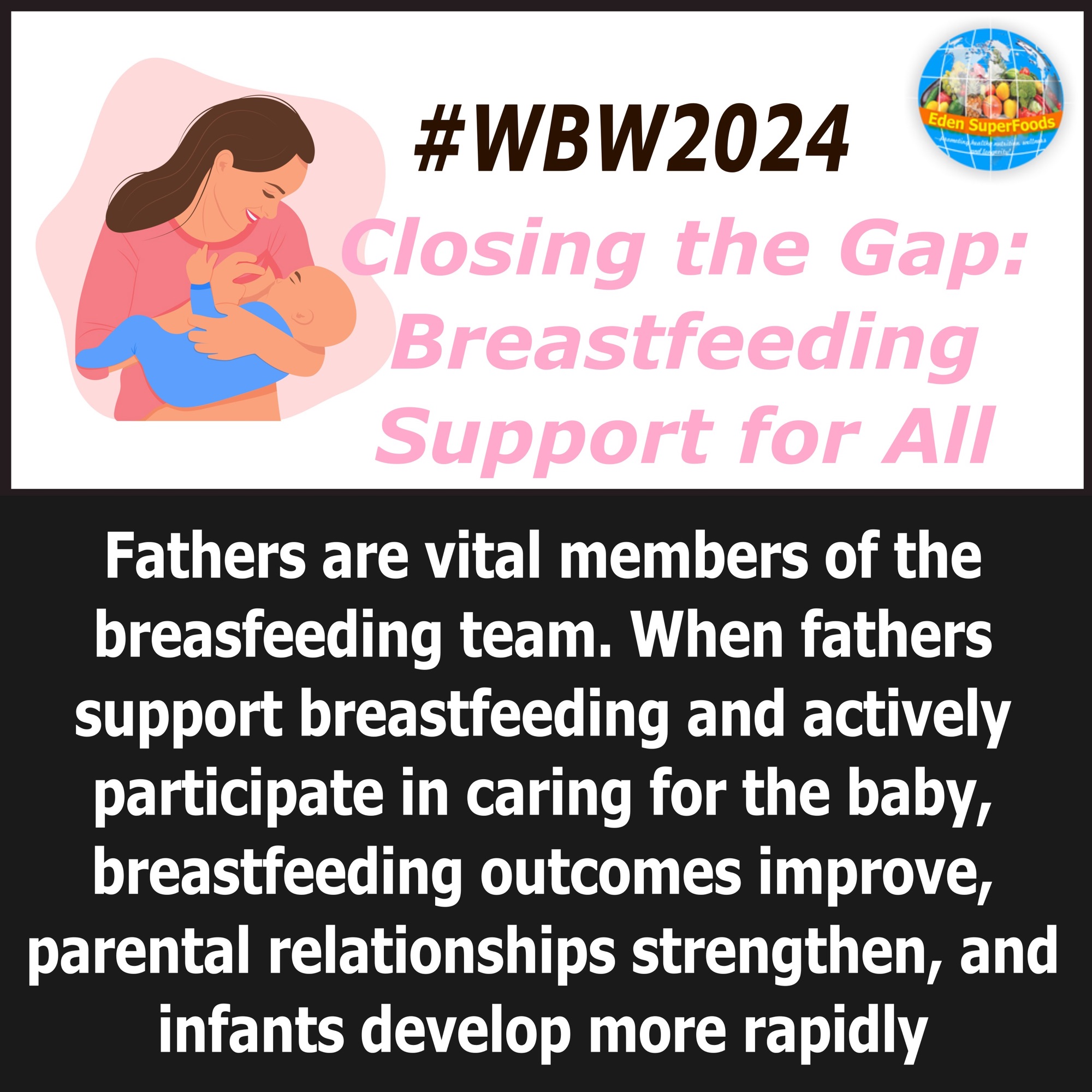Breastfeeding has long been recognized for its numerous health benefits for both infants and mothers. However, its impact extends far beyond personal health, playing a crucial role as a societal equalizer. By ensuring that everyone, especially vulnerable groups, has access to breastfeeding support and opportunities, we can foster a more equitable society.
The Health Benefits of Breastfeeding
Breastfeeding provides essential nutrients and antibodies that help protect infants from illnesses and diseases. For mothers, it can reduce the risk of certain cancers and other health conditions. These health benefits are universal, making breastfeeding a key factor in promoting public health.
Accessibility and Support
Despite its benefits, breastfeeding can be challenging, particularly for vulnerable populations such as low-income families or those in underserved communities. Ensuring access to breastfeeding support, such as lactation consultants and educational resources, can help bridge this gap. Policies and programs that provide paid maternity leave and breastfeeding-friendly workplaces are also crucial in supporting breastfeeding mothers.

Societal Implications
By promoting and supporting breastfeeding, we can address broader societal issues such as health disparities and economic inequality. Healthier infants are less likely to require medical interventions, reducing healthcare costs. Additionally, supporting breastfeeding mothers can lead to better workforce participation and economic stability for families.
Breastfeeding for All
Breastfeeding is more than a personal choice; it is a societal equalizer that can contribute to a healthier and more equitable world. By ensuring that everyone has access to the necessary support and opportunities, we can harness the full potential of breastfeeding to benefit society as a whole.





